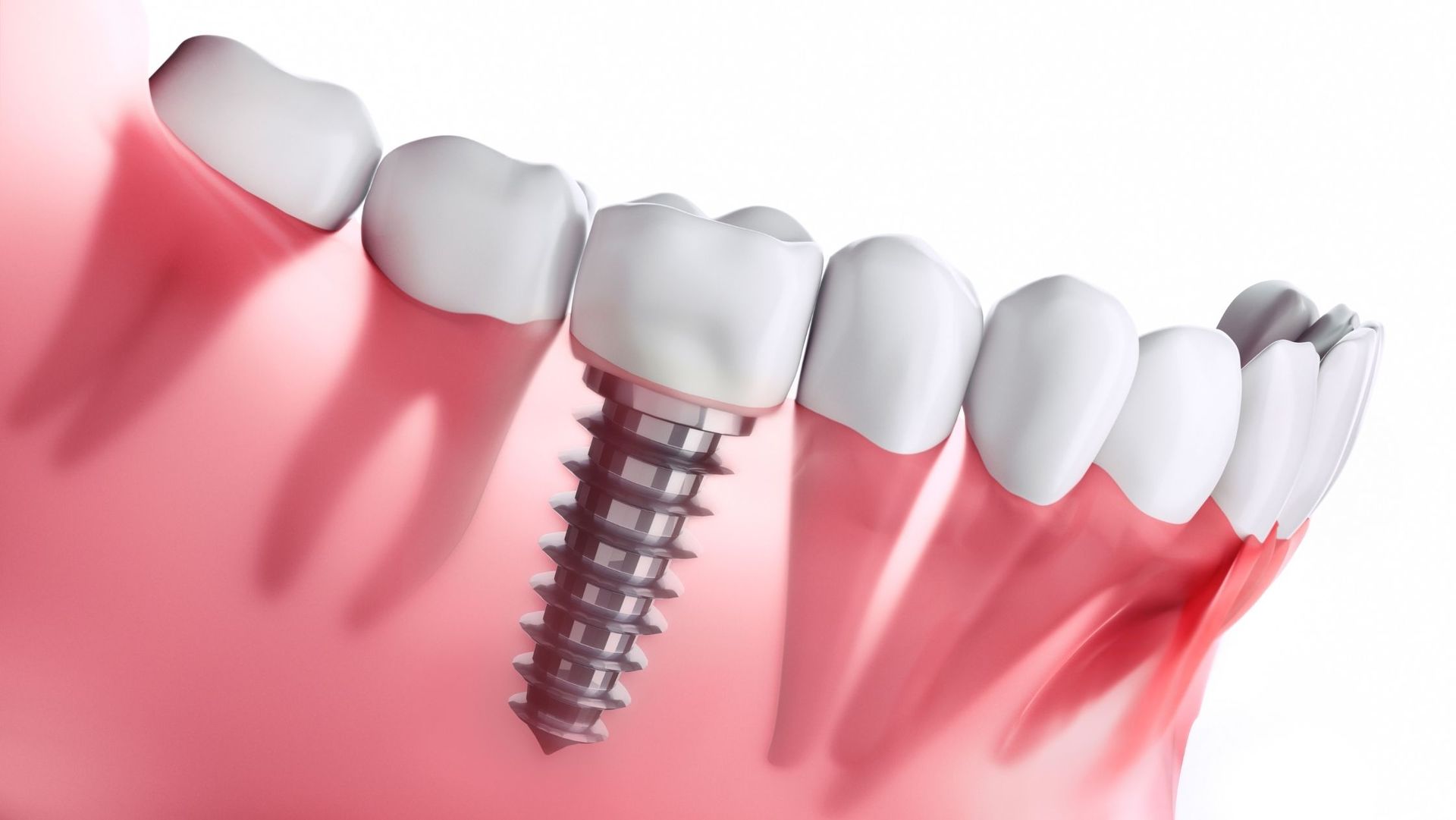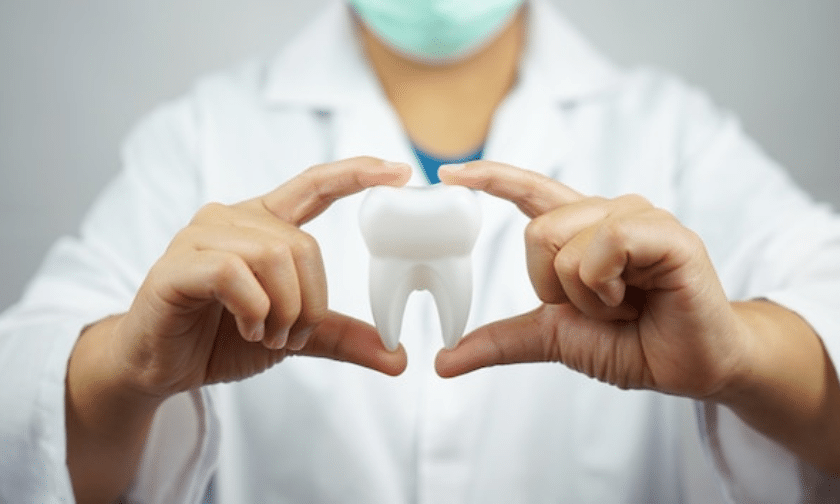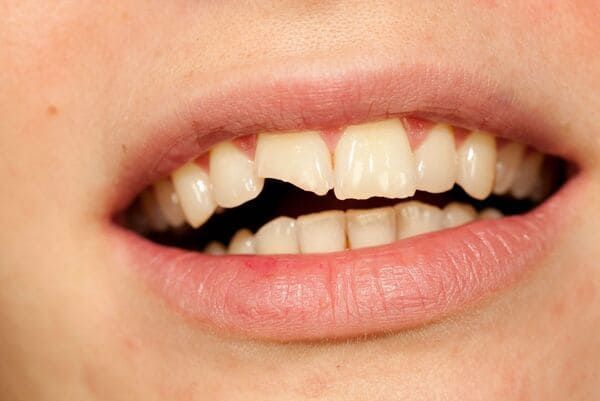The Pros and Cons of Dental Implants
If you are considering dental implants, it is essential to know both the pros and cons of this treatment. Dental implants have a high success rate and can provide a long-term solution for missing teeth. However, you should be aware of some potential risks and complications associated with dental implants before making your decision.
But, before telling you how great implants are, personally, I like to know the downside of something before getting pumped on how great it is. So let's kick this off with the drawbacks to dental implants so that you can make an informed decision about what's best for you.
The Cons of Dental Implants
Dental implants have a few potential disadvantages that you should be aware of. First, for a dental implant to succeed, the implant post must fuse with your jaw bone. This requires sound health.
Certain conditions can hinder the body's ability to accept and heal around the dental implant. Smoking and diabetes are common conditions that interfere with the body's healing ability.
The failure rate of dental implants is very low, especially if you thoroughly communicate your health issues and find an implant specialist. Nationally the failure rate for dental implants is around 5 to 10%.
The most frequent reasons for implant failure are poor healing and gum disease. Gum disease around an implant is called peri-implantitis. This is the most common reason for implant failure.
Gum disease can affect everyone, but the good news is that it's entirely avoidable with good nutrition, homecare, and frequent dental visits.
Other rare instances of failure include incorrect placement, nerve damage, low-quality dental materials, and allergic reactions.
Another potential drawback to dental implants is the higher cost of restoration. Implants generally cost more because of the skill, time, surgery, and material required for these restorations compared to other options.
And finally, it can take several months for the implant to fuse to the jawbone fully, so you may have to wait longer than other restorative options before you can fully enjoy the benefits of this treatment.
The Pros of Dental Implants
Dental implants have several advantages over other tooth replacement options. They provide unmatched stability and are the most aesthetic option. Dental implants are the only restoration that most closely looks and acts like a natural tooth.
It would be tough for anyone to spot a "fake tooth" because they look so much like a natural tooth.
Plus, since the implant fuses to your jawbone you can chew and bite with it, just as you would a natural tooth. Bridges and dentures have a weaker biting force than implants and natural teeth.
The cost of dental implants may be seen as a drawback. The upfront cost of dental implants is usually more than other options, such as bridges or dentures. But because they are a more permanent solution, they may save you in the long run.
Bridges typically last about 15 years, and dentures need continuous adjustments and possible replacements as the mouth changes shape over the years.
Dental implants average 25 years or even a lifetime. If something does wear out, it is most likely the crown above the gum needing replacement. But the implant below the gum with healthy habits can likely last a lifetime.
Recap of.......
Pros of dental implants
- Most aesthetic option
- Strong and stable like real teeth
- Maintain just like your natural teeth. No special care required
- Long life expectancy
Cons of dental implants
- Upfront costs are higher than most other restorations
- Surgical procedure required to place an implant
- Longer heal time
Conclusion
Implants are the ideal option for replacing lost teeth. Since they resemble natural teeth, they're the best of the best when it comes to dental replacement. The upfront costs may be higher, but their longevity and low incidence of problems may save you money over time. With good habits, the failure rate is minimal and usually avoidable. Find a dental implant specialist near you for the best results.










